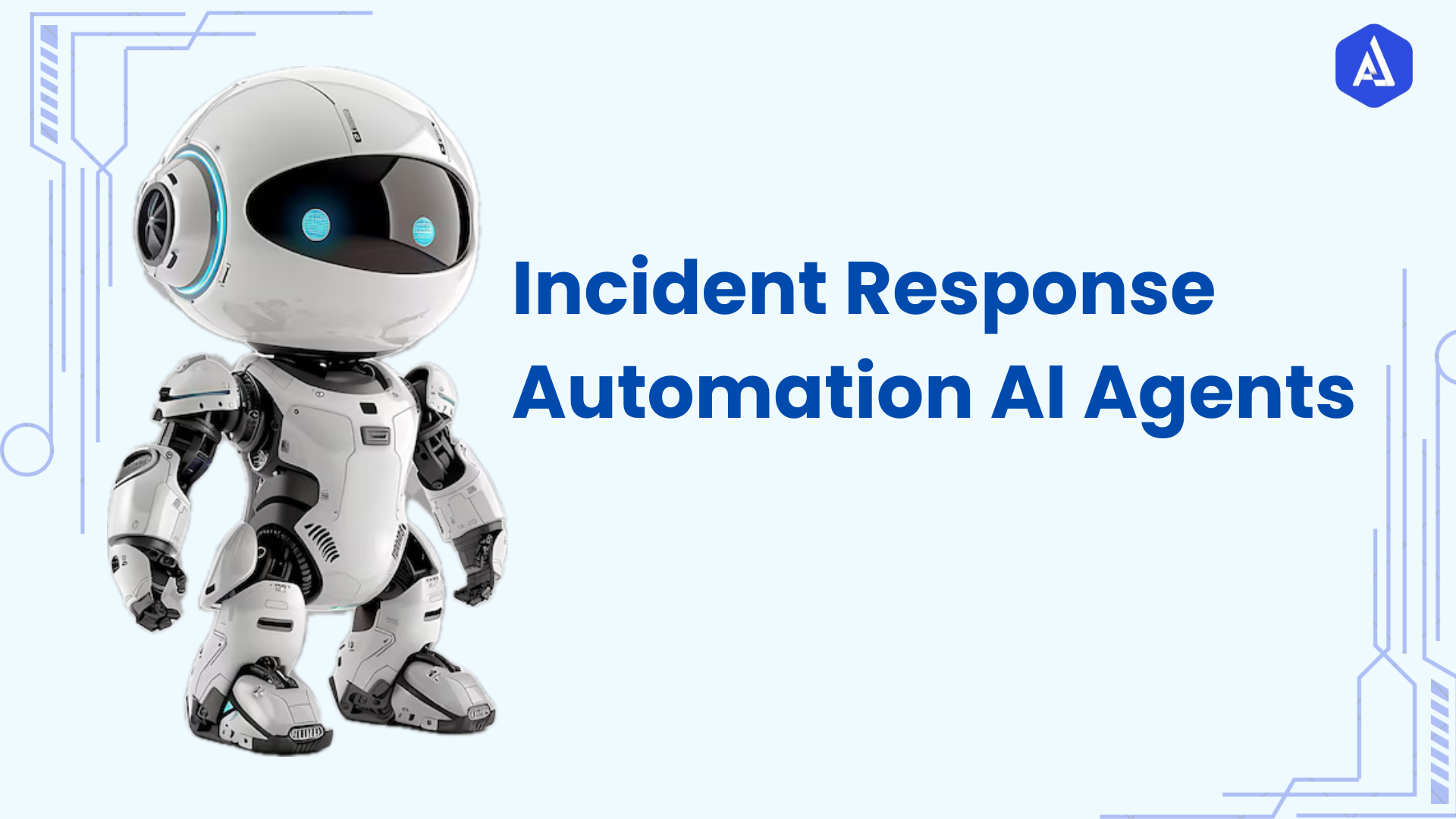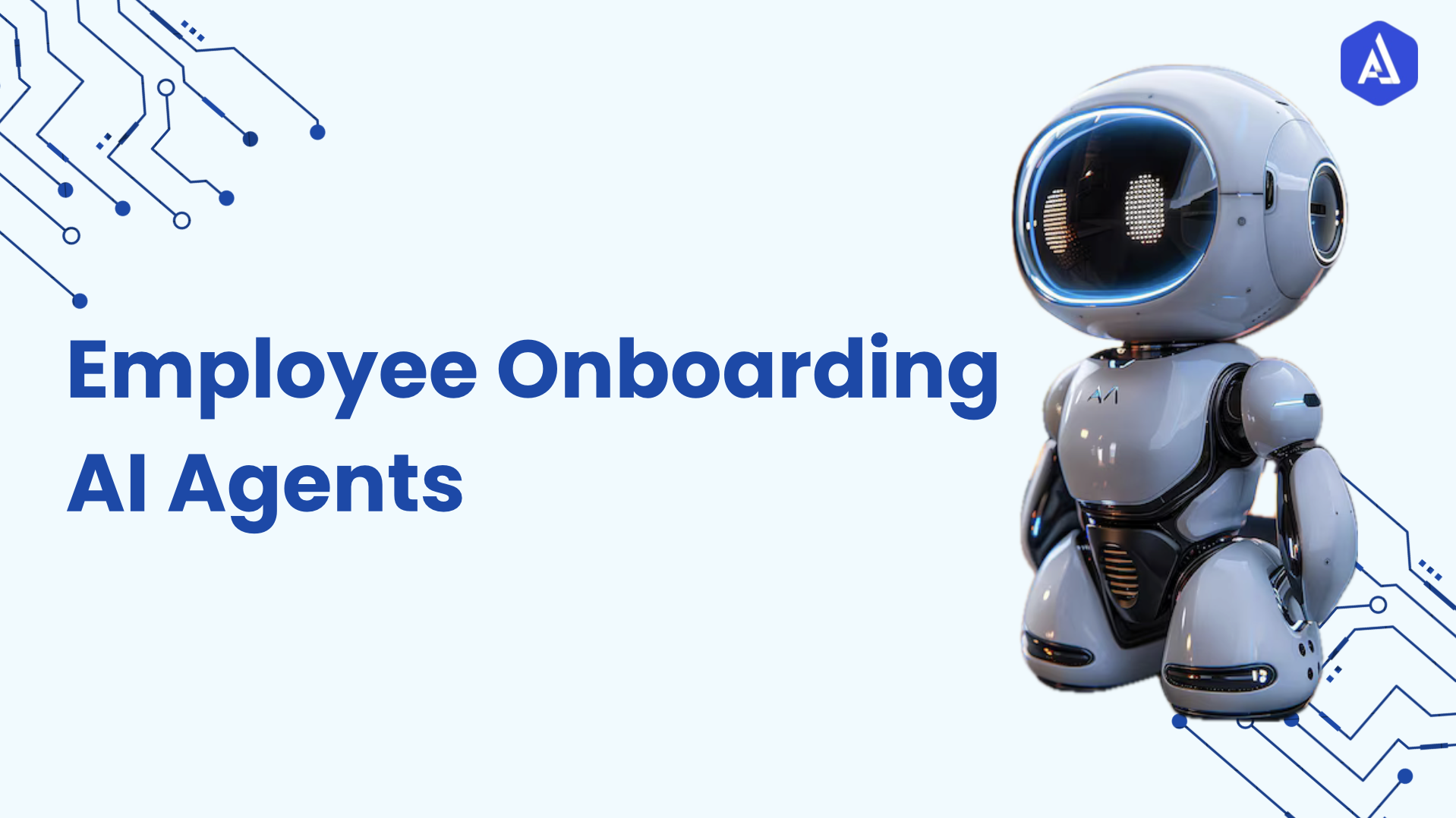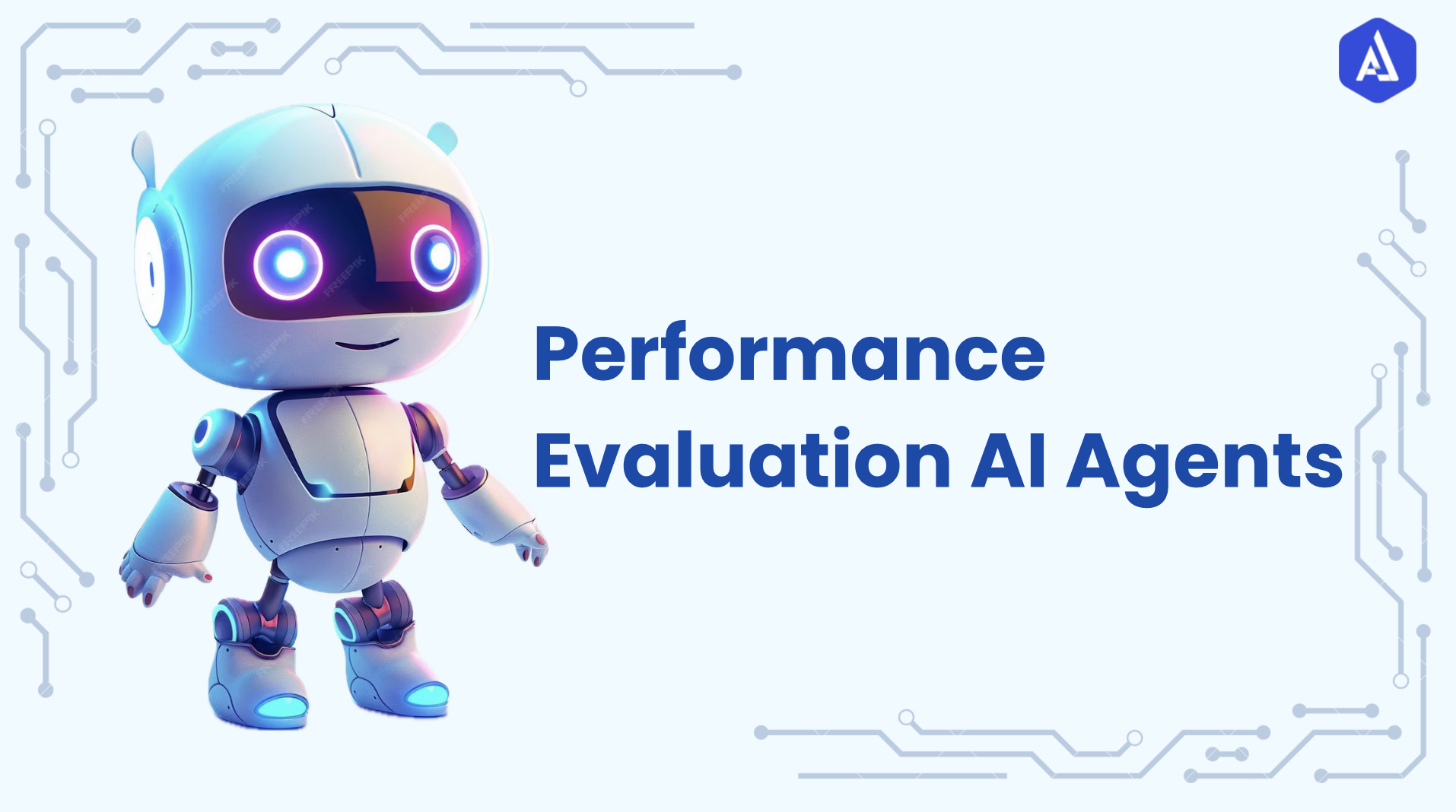Introduction
Customer Service Quality Monitoring AI Agents are advanced tools designed to evaluate and enhance the quality of customer service interactions. By leveraging artificial intelligence and machine learning, these agents analyze conversations, identify areas for improvement, and provide actionable insights to ensure consistently high service standards.
About the Process
The traditional methods of customer service quality monitoring, highlight their limitations and inefficiencies. The existing process relies heavily on manual oversight and subjective evaluations, making it time-consuming and prone to bias. This often results in delayed feedback and reactive training programs, hindering continuous improvement.
In contrast, integrating AI agents streamline these processes by providing real-time analysis, objective reviews, and actionable insights to enhance service quality efficiently.
a. Existing Process
-
Interaction Recording: Customer service interactions are recorded to measure the quality, which involves much manual oversight and is time-consuming.
-
Quality Assessment: The quality assurance audits involve checking against the criteria; such criteria are adherence to the script and resolution effectiveness. This is a laborious process and, therefore, involves subjective ratings.
-
Feedback gathering: Assessment feedback is summarized and passed on to the CSRs, so there is always a delay in implementing improvement.
-
Training and Development: Training programs are designed using feedback that might be reactionary in nature rather than proactive, and very resource-consuming in terms of time.
-
Continuous Improvement: Organizations are constantly on the lookout for improvement. In reality, unless real-time insights about customer expectations are available, these process improvements tend to lag the changing dynamics of customer expectations.
b. Synergy with AI Agents
-
Automated Interaction Analysis: AI agents identify interactions in real time and compute key metrics like sentiment as well as compliance.
-
Objective Review: These agents ensure unbiased reviews of customer interactions with uniformity, saving the manual review process from biases.
-
Real-Time Feedback: Instant feedback will prove beneficial for CSRs to change their approach during an interaction, which further benefits the customers in experience.
-
Data-Driven Insights: AI agents aggregate data that shows trends and take proactive measures to resolve them.
-
Targeted Training Programs: This means AI analysis can be used to fine-tune training programs better to appropriate gaps in performance.
Adding Customer Service Quality Monitoring AI Agents improves an organization's capacity to monitor service quality, boost efficiency, and deliver an exceptional customer experience.
Talk about the Agent
The customer service quality monitoring AI agent is high technology applied to improve interactions with customers through the analysis of conversations across channels, that is, chat, email, and phone. Performing through real-time assessment of performance metrics such as compliance and sentiment, these agents are designed for seamless integration with existing customer relationship management systems.
The actionable insights through granular reports enable organizations to establish their strengths and weaknesses. Real-time provision of customer service quality monitoring AI agents to CSRs enables adjustments during the interaction but improves the quality of the interaction in the long term.
This is how operational efficiency and customer experience in terms of constantly high and changing customer needs are improved.
Benefits and Values
a. What Would Have Been Used Before AI Agents?
Before the advent of Customer Service Quality Monitoring AI Agents, organizations relied heavily on manual quality assurance processes. Quality assurance teams would listen to recorded interactions and evaluate them based on subjective criteria, leading to inconsistencies in assessments and delayed feedback. This traditional approach was time-consuming, often resulting in missed opportunities for immediate improvement and a reactive rather than proactive stance on service quality.
b. What Are the Benefits of AI Agents?
-
Efficiency Enhanced: The AI agents automatically assess the interactions with the customer. So, the time taken for the assessment of quality is drastically reduced. Teams may then move towards strategic improvement rather than being bogged down by individual manual reviews.
-
Consistency in the Evaluation: AI agents remove biases that may creep in by human assessment because subjective judgments are made. The assessments provided are objective because they are data-driven metrics. This will ensure that all interactions are measured against very high standards.
-
Real-Time Feedback: Immediate feedback, therefore, occurs within or outside customer interactions, which affords CSRs on-the-spot adaptation. The sense of responsiveness undoubtedly better makes the customer experience, and the culture of an organization constantly produces improvements.
-
Actionable Insight: Preparing statistical reports, AI agents help in reflecting these trends, areas for development, and value-added strengths. The data proves to be extremely helpful for an organization in making decisions about training programs and service strategies, thus leading to better performance.
-
Reducing Costs: Organizations can decrease operational costs without decreasing the service level provided by streamlining the quality monitoring process and reducing their reliance on manual assessments.
Customer Service Quality Monitoring AI Agents enhance the quality of customer interactions, hence resulting in higher satisfaction and loyalty rates.
Use Cases for Customer Service Quality Monitoring AI Agents
Quality Monitoring of Customer Service; AI Agents Offer a High Amount of Flexibility which can be implemented in all situations. Some of the major use cases:
-
Telecommunications Support: In the Telecommunications industry, AI agents follow the calls and chats to identify how well customer service representatives (CSRs) are following the procedures and reacting to problems. Doing so also improves their performance and satisfies the customers' demands, provided they receive prompt and accurate assistance.
-
E-commerce Customer Service: AI agents for e-commerce sites track chat interactions to monitor the time taken for the responses and the usefulness of product recommendations provided. Such information helps to refine the service strategies and make a great shopping experience for customers. This, in turn, results in an increase in sales and customer loyalty.
-
Health Care Patient Support: In healthcare organizations, AI agents can be put in use to monitor staff communication with patients. In this manner, the right information, if delivered empathetically, will be in aid. Such monitoring further enhances patient experience and adheres to regulations for trust with patients and care professionals.
-
Financial Institutions Support: In the financial sector, AI agents evaluate interactions containing account management and investment advice. They ensure quality service with risks prevented due to miscommunication with the banks, which results in winning customer confidence in these institutions.
-
Travel and Hospitality Services: The AI agents are tasked to track the booking inquiries and post-stay feedback for the travel agency and hotels. Organizations can tailor their services to facilitate customer preferences that enhance guest satisfaction for them to provide a positive review and seek similar services again.
-
Technical Support Teams: AI agents examine support tickets and live chat interactions in a tech company, letting them measure how well technical support representatives can diagnose problems. A data-centric approach enhances efficiency and detects requirements for training, hence ensuring that customers have solutions sought after quickly and effectively
Customer Service Quality Monitoring AI Agents enhance services offered in those areas while driving improvement toward the best fit tailored for each customer inside an organization.
Considerations
Customer Service Quality Monitoring AI Agents, a number of key technical and operational considerations arise:
-
Data Integration and Quality: Ensure that the system integrates well with existing CRM systems. The overall quality and accuracy of the data are critical for meaningful analysis so investment in data quality assurance would be a pre-requisite.
-
User Training and Adoption: Thorough training of employees would be required in using the AI agents to ensure their maximum utilization. Employees need to be trained and oriented on how to find meanings for insights from AI to utilize these in their interactions.
-
Performance Metrics: Defining clear performance metrics for customer service. The definition of KPIs will allow continued evaluation and refining of the performance of AI agents.
-
Compliance and Privacy: This includes ensuring that sensitive customer data is protected under regulations like GDPR or CCPA. Do robust security to ensure you are compliant.
-
Change Management: Develop change management plans for understanding potential staff resistance to change. Making them understand the benefits of using AI tends to make the transition an easier and, therefore, more acceptable one.
Usability of Customer Service Quality Monitoring AI Agents
To effectively utilize Customer Service Quality Monitoring AI Agents, follow this step-by-step guide for operation, ensuring you can fully leverage the agent’s capabilities:
-
Open the AI Agent: Launch the Customer Service Quality Monitoring AI Agent from your application or platform.
-
Integrate with Existing Systems: Ensure the agent is integrated with your customer relationship management (CRM) and other relevant systems to facilitate seamless data flow and interaction analysis.
-
Define Quality Metrics: Set up key performance indicators (KPIs) that will be used to evaluate customer interactions, such as response time, issue resolution rates, and customer satisfaction scores.
-
Automated Interaction Analysis: Allow the agent to automatically review customer interactions across various channels (calls, chats, emails) to ensure consistent quality checks.
-
Monitor Real-Time Interactions: Use the agent to observe live customer interactions, providing real-time feedback and suggestions to agents for improving their performance during conversations.
-
Sentiment and Emotion Detection: Utilize the sentiment analysis feature to gauge customer emotions during interactions, helping identify areas of dissatisfaction or frustration.
-
Generate Reports: Access comprehensive reports that summarize interaction quality, highlight trends, and provide actionable insights for improving service delivery.
-
Identify Training Opportunities: Use insights from the agent to pinpoint knowledge gaps and recurring issues that may require additional training for customer service agents.
-
Continuous Improvement: Regularly update your quality metrics and monitoring processes based on performance data and user feedback to enhance the effectiveness of the AI agent
Talk about the Future
Future of Customer Service Quality Monitoring AI Agents By close, next-generation enhancements in AI technology will prove great opportunities toward its adoption as AI ensures grand rises in NLP-related capabilities, enabling these agents to better understand the context and sentiment of a customer's message, which promises more precise evaluations of customer interactions, while integration with IoT will allow for real-time monitoring of service environments and really deeper insights into service quality.
Further in the future, XAI advances are to increase the transparency of decision-making processes and hence further increase the confidence of its users. Depending even more on Customer Service Quality Monitoring AI Agents' ability to provide actionable insights will be the continuous improvement and the exceptional customer experiences that businesses must deliver while trying to live up to the changing expectations of customers together with the resultant constant competitive pressure.


